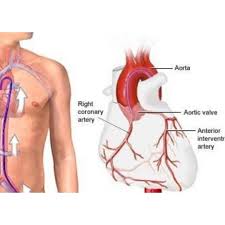Coronary Angiogram
India
-
Our Price USD 612
-
Hospital Price USD 680
-
You Save : USD 68
Booking Amount: USD 61. Pay Remaining 90% at the hospital.
Book NowAdditional Credit
Among the important extras we offer as part of the Additional Credit are the following:
-
Site Tourism For The Patient & Attendant
-
Airport Pick & Drop Service
-
Ambulance service at airport
-
Priority appointments with The Doctor
-
Cancel Easily Anytime with Full Refund
-
Room Upgradation
-
Free Online Doctor Consultation Valued at USD 20
-
Free hotel Stay for 5 to 7 days Accordingly
-
Welcome Kit at Arrival
-
Interpreter
-
Medical Visa Assistance
What is Included?
- Doctor consultation charges
- Lab tests and diagnostic charges
- Room charges inside hospital during the procedure
- Surgeon Fee
- Cost of implant
- Nursing charges
- Hospital surgery suite charges
- Anesthesia charges
- Routine medicines and routine consumables (bandages, dressings etc.)
- Food and Beverages inside hospital stay for patient and one attendant.
What is not Included?
- Extra Radiology Investigations
- Healthcare Professionals Charges of other consultations.
- Other Requested Services such as Laundry etc.
- Additional Pharmaceutical Products and Medicines After Discharge from Hospital.
- Management of Conditions Unrelated to Procedures or Pre-Existing.
- The cost of any additional implants will be in addition to the package cost.
Package Description
Coronary Angiogram
A coronary angiography is a test that employs X-ray imaging to examine the blood arteries in your heart. The test is usually performed to determine if there is a blockage in blood flow to the heart.
Coronary angiograms are part of the heart (cardiac) catheterizations category of operations. Cardiac catheterization can be used to diagnose and treat a variety of heart and blood vascular problems. The most frequent form of cardiac catheterization technique is a coronary angiography, which can be used to identify heart issues.
During a coronary angiography, a dye that can be seen on an X-ray machine is injected into your heart's blood channels. The X-ray equipment produces a sequence of pictures (angiograms) that show your blood vessels in quick succession. During your coronary angiography, your doctor might open blocked heart arteries (angioplasty) if required.
Disease Overview
Coronary artery disease
Coronary arteries are the blood channels that provide oxygen-rich blood to your heart muscle, allowing it to continue to beat. The coronary arteries run parallel to the heart muscle.
Coronary artery disease is a narrowing or blockage of your coronary arteries caused by plaque accumulation. Coronary artery disease, also known as coronary heart disease, ischemic heart disease, and heart disease, is a kind of coronary artery disease.
- Have a high level of cholesterol (particularly high LDL "bad" cholesterol and low HDL "good" cholesterol).
- Have a high blood pressure condition
- Heart disease runs in the family
- Diabetes
- Smoking
- Post-menopausal lady or a male over 45 years old
- Obesity
- Physically Inactive
If you experience any of the following symptoms, your doctor may advise you to get a coronary angiogram:
- Chest discomfort and other symptoms of coronary artery disease (angina)
- Other tests can't explain pain in your chest, jaw, neck, or arm
- Chest discomfort that is new or worsening (unstable angina)
- You were born with a cardiac defect (congenital heart disease)
- A noninvasive cardiac stress test yielded abnormal results.
- A chest injury or other blood vessel disorders
- A issue with the heart valves that necessitates surgery
Angiograms are normally conducted after noninvasive cardiac tests, such as an electrocardiogram, an echocardiography, or a stress test, because there is a minor risk of problems.
Diagnosis
Your cardiologist will first question you about your symptoms, assess your medical history, evaluate your risk factors, and do a physical exam, unless your condition is an emergency (you're experiencing a heart attack or stroke).
A variety of diagnostic tests are available, including:
EKGs (electrocardiograms) are tests that record the electrical activity of the heart. Can detect heart attacks, ischemia, and irregular heartbeats.
Exercise stress tests: A treadmill test to see how well your heart works while it's working the hardest. Angina and coronary occlusions can be detected.
Pharmacologic stress test: Rather than employing exercise to evaluate your heart when it is at its most active, medication is given to raise your heart rate and simulate activity. Angina and coronary occlusions can be detected using this test.
Coronary calcium scan: This test determines how much calcium is present in the walls of your coronary arteries, which might indicate atherosclerosis.
Echocardiogram is a test that uses sound waves to determine how well your heart's architecture and general function are operating.
Blood test: Triglycerides, cholesterol, lipoprotein, C-reactive protein, glucose, HbA1c (a marker of diabetes management), and other blood tests are ordered for variables that impact arteries.
Nuclear imaging is a test that uses a radioactive tracer to create pictures of the heart.
Cardiac catheterization is a procedure in which tiny tubes are inserted into the heart's blood arteries to assess heart function, including the existence of coronary artery disease.
Disease Treatment
Reducing your risk factors is the first step in treating coronary artery disease. This entails making lifestyle adjustments.
- Quit smoking or using tobacco products.
- Manage High cholesterol, high blood pressure, and diabetes
- Eat a diet that is good for your heart.The Mediterranean and DASH diets are two excellent dietary options.
- Consume alcohol in moderation. Drink no more than one drink per day for ladies and two drinks per day for males on a daily basis.
- Increase your degree of physical exercise. Exercising can help you lose weight, get in better shape, and alleviate stress.
Your doctor will prescribe drugs to help you control your heart disease risk factors. The following are examples of heart-related drugs that you may be prescribed:
- Cholesterol-lowering medications
- Blood pressure medications
- Angina-relieving medications
- Medications to lessen the risk of blood clots.
Medication to reduce your blood sugar level if you have diabetes and coronary artery disease.
Surgery:
Nonsurgical therapies to remove plaque accumulation in the arteries and prevent blockages are known as interventional procedures. Balloon angioplasty and stenting are two common techniques.
When there is a blockage in the coronary arteries, coronary artery bypass graft (CABG) surgery entails constructing a new conduit for blood to circulate. The surgeon, in most cases, takes blood veins from your chest, arm, or leg and replaces them with a new pathway to supply oxygen-rich blood to the heart.
Enhanced external counterpulsation (EECP): Inflatable cuffs (similar to blood pressure cuffs) are used to compress the blood vessels in your lower body. This aids in the improvement of blood flow to the heart and the formation of natural bypasses (collateral circulation) around blocked coronary arteries.
Coronary angiography is a test that employs X-ray imaging to examine the blood arteries in your heart. The test is usually performed to determine if there is a blockage in blood flow to the heart.
Information related to Treatment
Package Details
Days in Hospital
1 Days
Days in Hotel
*
2 Days
Room Type
Private
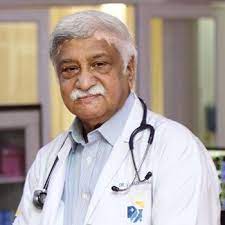
Treating Doctor
Dr. Col V Hariharan
Cardiologist- Electrocardiography, Pacemaker Implantation, Coronary Angiography, Heart valve replacement, Cardiac Ablation, Implantation of ICD, Electrophysiology Studies (EPS), ECG analysis
Indraprastha Apollo Hospitals, New Delhi New Delhi, India
38 Years of Experience
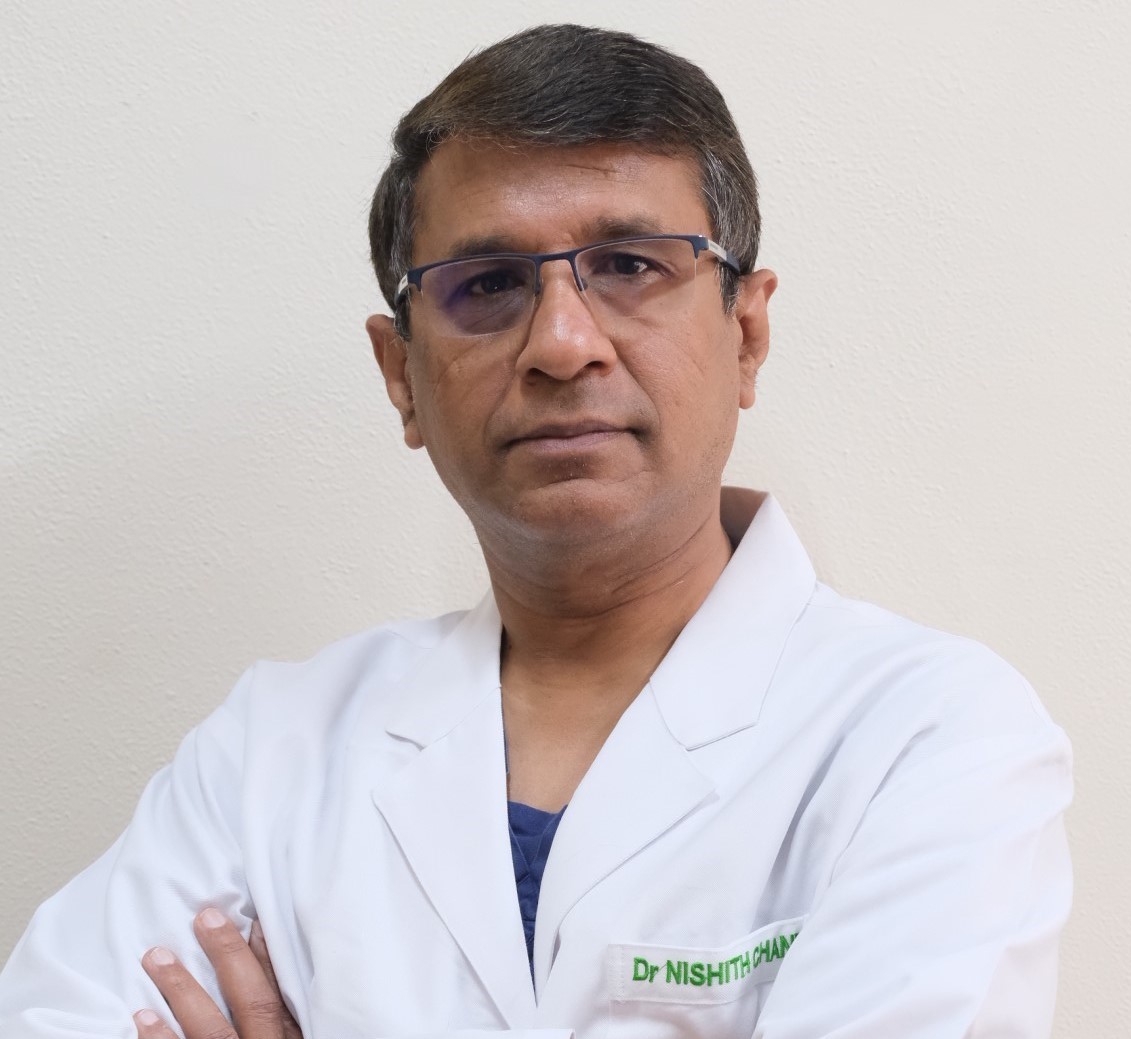
Treating Doctor
Dr. Nishith Chandra
Interventional Cardiologist- Pacemaker Implantation, Coronary Angiogram, Cardiac Catheterisation, Carotid Angioplasty And Stenting, Implantable Cardioverter-Defibrillators (ICDS), Peripheral Angioplasty
Fortis Escorts Heart Institute New Delhi, India
29 Years of Experience
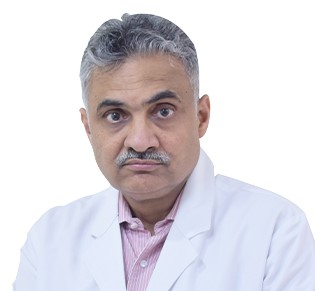
Treating Doctor
Dr. Praveer Aggarwal
Cardiologist- Coronary Artery Bypass Grafting, Coronary Angiogram, Peripheral Angiography, Coronary Angioplasty / Bypass Surgery, Cardiac Ablation, Cardiac Catheterisation
Fortis Escorts Heart Institute New Delhi, India
31 Years of Experience

Treating Doctor
Dr. S.S. Bansal
Interventional Cardiologist- Preventive cardiology and Cardiac Rehabilitation, Cardiothoracic Surgeon, Vascular Surgeon, Cardiovascular Surgery, Coronary Angiogram, Cardiac Ablation, Cardiac Catheterisation, Non Invasive Cardiology, Chest Pain Treatment, Carotid Artery Disease
SSB Heart and Multispecialty Hospital Faridabad, India
36 Years of Experience
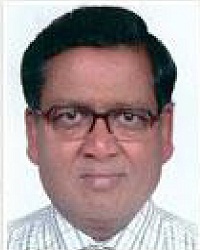
Treating Doctor
Dr. Mahesh Chandra Garg
Cardiologist- Coronary Angiography, Cardiac Electrophysiology, Coronary Angioplasty, Radiofrequency Ablation for Arrhythmias
Indraprastha Apollo Hospitals, New Delhi New Delhi, India
50 Years of Experience
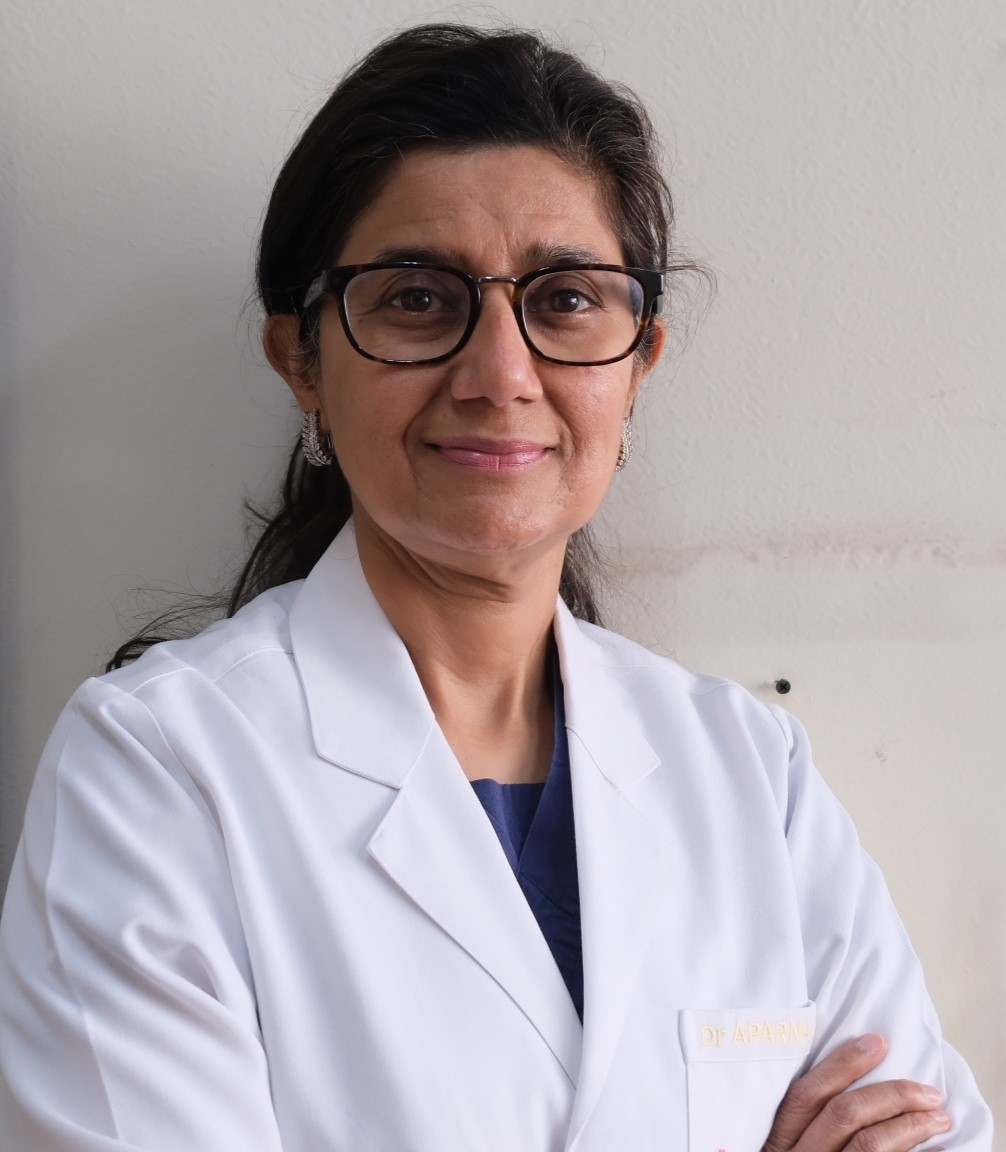
Treating Doctor
Dr. Aparna jaiswal
Cardiologist- Pacemaker Implantation, Three Dimensional Mapping, ICDs, CRT, CRT D, Electrophysiology Studies (EPS), Complex Arrhythmia
Fortis Escorts Heart Institute New Delhi, India
26 Years of Experience
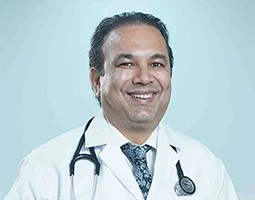
Treating Doctor
Dr. Umesh Kohli
Interventional Cardiologist- Echocardiography, Pacemaker Implantation, Coronary Angiography, Coronary Angiogram, Cardiac Ablation, Cardiac Catheterisation, ASD VSD repair, Cardioversion, Implantable Cardioverter-Defibrillators (ICDS), Peripheral Angioplasty, Non Invasive Cardiology, Chest Pain Treatment, Bypass Surgery, CT angiogram, Cardiology, Balloon Mitral Valbuloplasty
Accord Super specialty Hospital Faridabad, India
24 Years of Experience
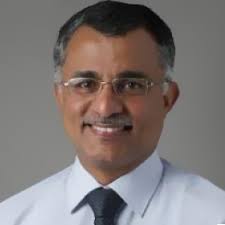
Treating Doctor
Dr. Anil Kumar R
Cardiologist- Angioplasty, Coronary Angiography, Minimal invasive cardiac surgery, Heart valve replacement, Heart valve repair, ASD closure, Aortic Dissections and Aortic Aneurysms, Surgery for cardiac tumors, Off-pump beating heart bypass surgery, Thoracic Aortic Aneurysm, Atrial fibrillation treatment, Angioplasty
Aster Medcity, Kochi Cochin, India
26 Years of Experience
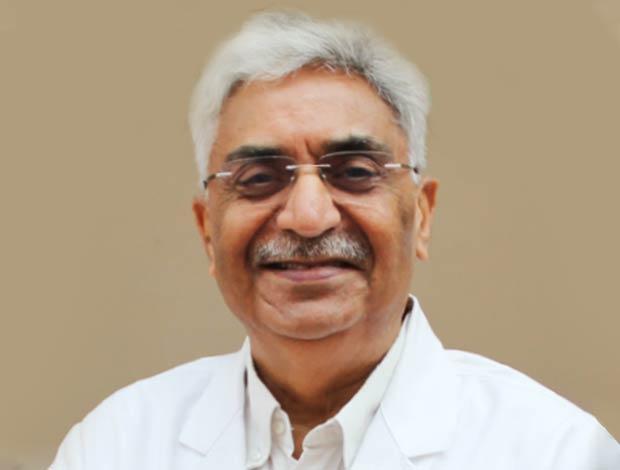
Treating Doctor
Dr. T. S. Kler
Cardiologist- Complex Coronary Angioplasty, Cardiac pacing & electrophysiology, Device implantation for heart failure treatment, Cardiomyopathy
Fortis Memorial Research Institute Gurgaon, India
37 Years of Experience
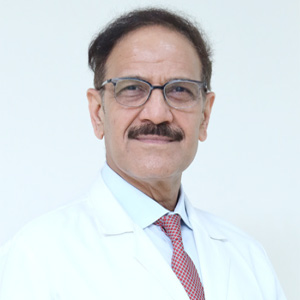
Treating Doctor
Dr. Subhash Chandra
Cardiologist- Pulmonary Arterial Hypertension, Ventricular Assist Device Implantation, CRT D, Congenital Heart Disorder CHD, Biventricular pacemakers, Carotid Angioplasty And Stenting, Complex Coronary Angioplasty, Pace Maker and AICD Implantation, IVC Filter Insertion, Coronary interventions, Structural Heart Disease Interventions, CRT-P, Renal Angioplasty, Carotid Angioplasty And Stenting, Complex coronary intervention including Rotablation, Coarctation, Endovascular Interventions
BLK-Max Super Speciality Hospital New Delhi, India
38 Years of Experience

